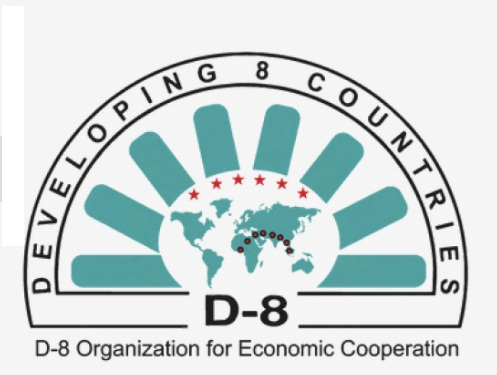
Islamic D-8: can this intergovernmental organization help stabilize Southwest Asia and North Africa?
Cairo will host the 11th edition of the D8 Summit on Thursday, 19-12-2024, which will discuss ways to confront successive global economic and political changes....




































